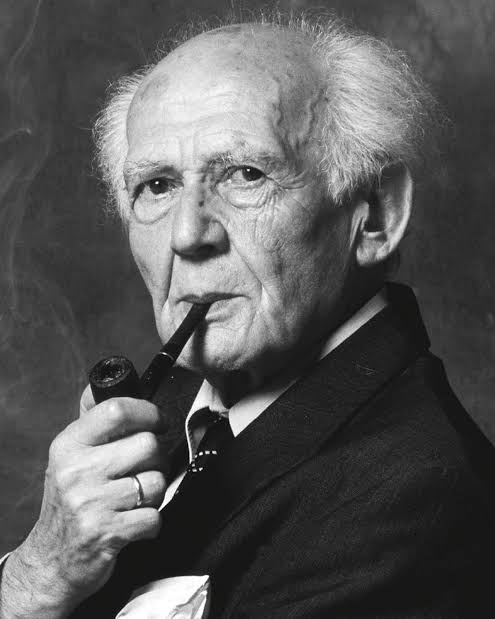A identidade ambiental na pós-modernidade
DOI:
https://doi.org/10.18764/2236-4099v13n31.2023.3Schlagworte:
Identidade Ambiental, Pós-Modernidade, Região das HortênsiasAbstract
Discussão da constituição identitária dos sujeitos que se consideram vinculados ao ambiente natural e sustentável nos contextos pós-modernos, tendo como objetivos: conhecer e compreender os conceitos de Identidade, Identidade Ambiental e suas Pedagogias Culturais; compreender de quais formas a Identidade Ambiental do sujeito se estabelece na Pós-Modernidade e como as Pedagogias Culturais auxiliam este processo; examinar como as Pedagogias Culturais influenciam na formação da Identidade; debater sobre a construção da Identidade Ambiental na Pós-Modernidade, e investigar e analisar como os Discursos Ambientais podem nos persuadir nas atitudes ecológicas. A partir de uma revisão bibliográfica da temática, foram feitas entrevistas com professores da Educação Básica na Região das Hortênsias do Rio Grande do Sul sobre suas formações e práticas educativas dirigidas às crianças e o que pretendem ensinar sobre sustentabilidade e ambientalismo, além da análise textual discursiva do conteúdo do veículo midiático Menos1Lixo. É possível afirmar, que há indícios de que os discursos presentes na mídia e na educação produzem a identidade ambiental pós-moderna, com fortes vínculos em um consumo dito sustentável, mas que também carece de questionamentos.
Downloads
Literaturhinweise
ANDRADE, P. D. Pedagogias Culturais: as condições teóricas que possibilitaram a emergência do conceito. In: 6° SBECE 3° SIECE – Educação, Transgressões, Narcisismo. 2015.
BAUMAN, Z. Vida para consumo: a transformação das pessoas em mercadorias. Tradução de Carlos Alberto Medeiros. Rio de Janeiro: Jorge Zahar. Ed. 2008.
BAUMAN. Z. Identidade – entrevista a Benedetto Vecchi. Tradução de Carlos Alberto Medeiros. Rio de Janeiro: Jorge Zahar. 2005.
CARVALHO, I. C. M. O sujeito ecológico: a formação de novas identidades na escola. In: Marta; Paiva, Irene. (Org.). Práticas Coletivas na escola. 1. Ed. Campinas: Mercado de Letras, 2013, v.1, p. 115-124.
CLAYTON. S. Environmental identity: a conceptual na operational definition. In: CLAYTON. S; OPOTOW. S. (Org) Identity and the natural environment. The psychological significance of nature. Cambridge: Mit Press, 2003. 368 páginas.
CORTEZ, FERNANDA. O Manifesto. 2014. Disponível em: <https://www.menos1lixo.com.br/posts/o-manifesto>. Acesso em junho de 2020.
GUIMARÃES, L. B; SAMPAIO, S. M. V. Educação ambiental nas pedagogias do presente. Brasília, v. 27, n. 91, p. 123-134, jan./jun. 2014.
HALL, S. A Identidade Cultural na Pós-Modernidade. Tradução de Tomaz Tadeu da Silva. Ed. 10. Rio de Janeiro: DP&A, 2005.
MORAES, R. Uma tempestade de luz: a compreensão possibilitada pela Análise Textual Discursiva. Ciência & Educação, v. 9, n. 2, p. 191-211, 2003.
PETERS, M. Pós-estruturalismo e filosofia da diferença. Tradução de Tomaz Tadeu da Silva. Belo Horizonte: Autentica, 2000.
PORRAS-CONTRERAS, Y. A; PÉRES-MESA, M. R. (2019) Identidad Ambiental: múltiples perspectivas. Revista Científica, 34(1), 123-138.
STETS. E. J; BIGA, F. C. Bringing Identity Theory into Environmental Sociology. Sociological Theory, 21:4. Dezembro de 2003. Disponível em: < https://www.ssc.wisc.edu/~jpiliavi/965/Stets%20and%20Biga_2003_Bringing%20Environment.pdf> Acesso em: março de 2020.
THOMASHOW, M. Ecological Identity: becoming a reflective environmentalis. Cambridge: MIT Press, 1996. 250 páginas.
VARELA, F. Ética y acción. Santiago: Dolmen Ediciones, 1998.
Downloads
Veröffentlicht
Zitationsvorschlag
Ausgabe
Rubrik
Lizenz
Copyright (c) 2024 Cadernos Zygmunt Bauman

Dieses Werk steht unter der Lizenz Creative Commons Namensnennung 4.0 International.
Direitos autorais Cadernos Zygmunt Bauman
Este obra está licenciado com uma Licença Creative Commons Atribuição 4.0 Internacional.








